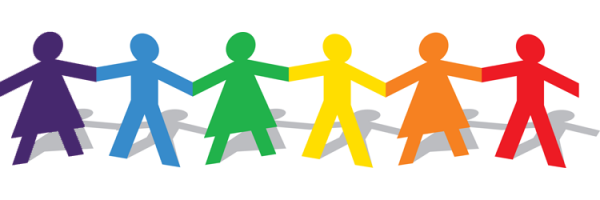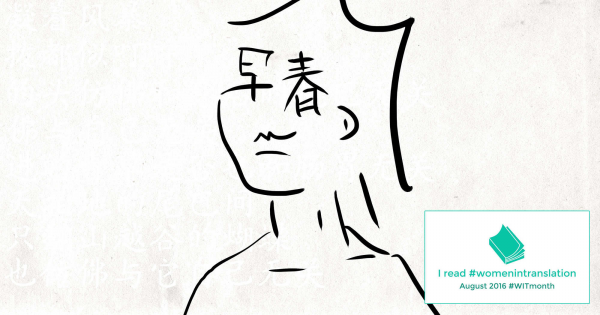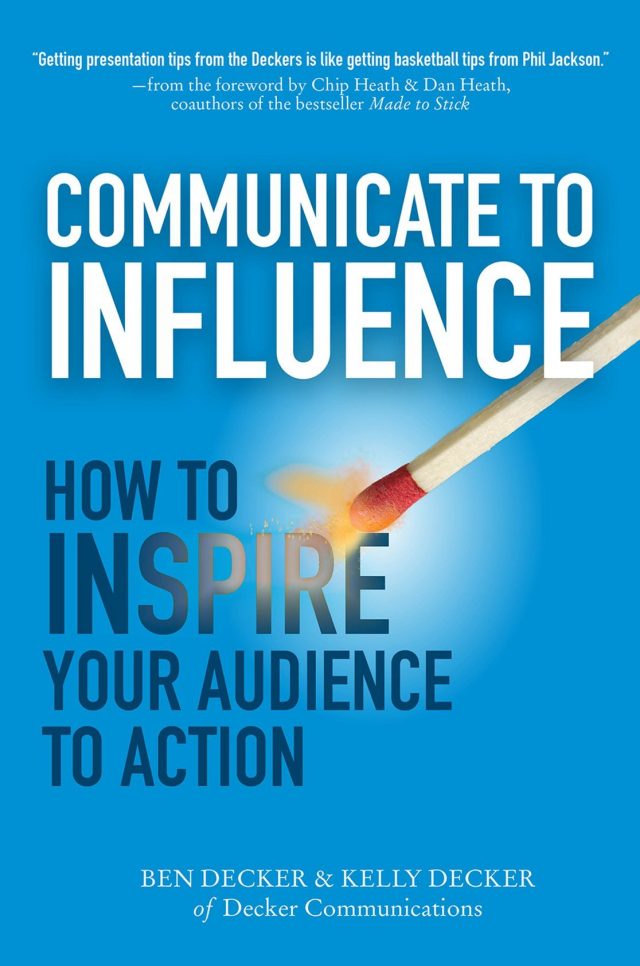Great news for the literary world on this International Women’s Day: The University of Warwick in the United Kingdom has announced that it is establishing an annual £1000 (exactly $1216.20 USD) prize for women in translation. The Warwick Prize for Women in Translation will be awarded each year to the “best eligible work of fiction, poetry, literary non-fiction or work of fiction for children or young adults written by a woman and translated into English by a female or male translator.” The £1000 prize will be divided between the writer and her translator(s), with each contributor receiving an equal share. If the writer is deceased, the translator will receive all of the prize money. Susan Bassnett, the Emeritus Professor of Comparative Literature at Warwick says that “This prize is a rallying call to translators and publishers everywhere. There are dozens of fine women writers waiting to be translated—so let’s see more of them in our bookshops.”

Source: International Women’s Day
The gender imbalance in literature is a hotly debated topic. Over the past few years, more attention has been paid to the fact that fewer women writers are translated, which makes it harder for women writers to build an international literary reputation and audience. Israeli biophysicist Meytal Radzinski established August as Women in Translation month (#WITMonth) to highlight the statistically low number of women whose work gets translated. Her most recent numbers show that women writers account for only 30 percent of the literature that gets translated to English. A Nielson Book report also shows that translated literary fiction makes up only 3.5% of the literary fiction titles published in the UK, but accounts for 7% of the volume of sales. This translation gap can hurt women when it comes to literary prizes. For example, the Independent Foreign Fiction Prize has been awarded 21 times—but only twice to women. The PEN Translation Prize has also been dominated by men, though the past two winners have been women.

Source: Foreword Reviews
The Warwick Prize for Women in Translation aims to address this imbalance and increase the number of international women’s voices accessible to a British and Irish readership. Maureen Freely, the current President of English PEN and Head of English and Comparative Literacy Studies at Warwick has stated: “We’ve come a long way with the championing of world literature over the past decade, welcoming in a multiplicity of voices which have gone on to enrich us all. In the same period, however, we’ve noticed that it is markedly more difficult for women to make it into English translation. This prize offers us an opportunity to welcome in the voices and perspectives we’ve missed thus far.”

Source: University of Warwick
The judges for the prize will be Boyd Tonkin, columnist at The Independent; Susan Bassnett, Emeritus Professor of Comparative Literature at the University of Warwick; and Amanda Hopkinson, a literary translator and scholar. Publishers can submit titles starting on April 3, 2017 and ending on July 3, 2017. The shortlist will be announced in October and the winner will be announced in November.
YouTube Channel: Book Riot
Featured image via University of Warwick
h/t Forward



